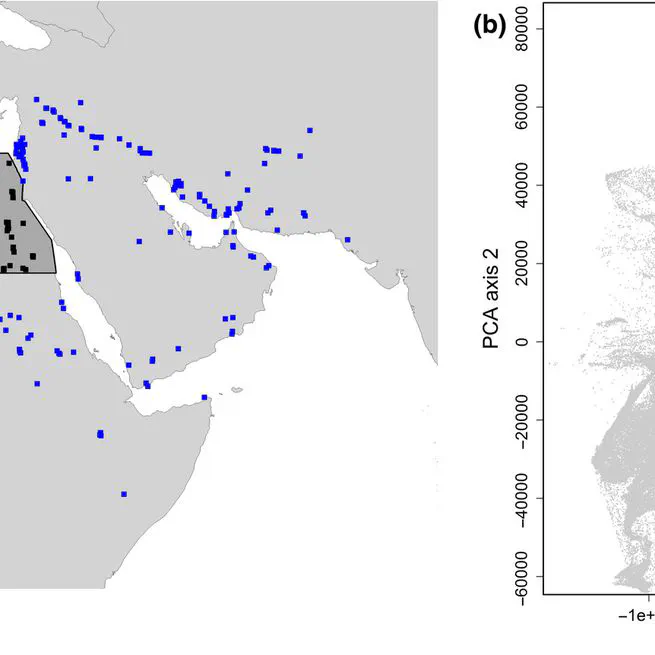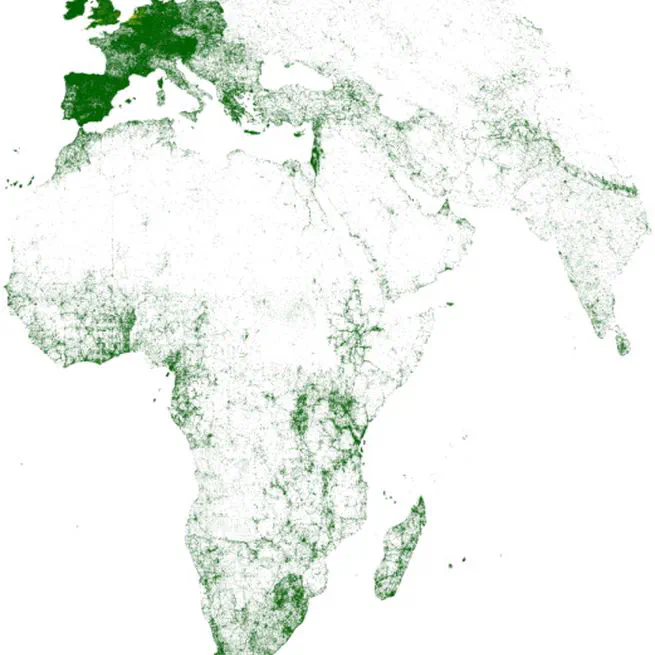Detailed information on cetacean distribution is crucial to identify large-scale conservation actions and management decisions. Understanding the ecological drivers behind their spatial patterns in the Southern Ocean is complicated by whales’ mobility and the logistic restrictions in collecting data in polar environments.
Dec 8, 2019
Understanding the dynamics of cetacean distribution in ecologically vulnerable regions is essential to interpret the impact of environmental changes on species ecology and ecosystem functioning. Species distribution models (SDMs) are helpful tools that link species occurrences to environmental variables in order to predict a species’ potential distribution.
Dec 8, 2019

Wrong, but useful: regional species distribution models may not be improved by range-wide data under biased sampling Ahmed El-Gabbas Carsten F. Dormann https://doi.org/10.1002/ece3.3834 10.1002/ece3.3834 Species distribution modeling (SDM) is an essential method in ecology and conservation.
Jan 1, 2018

Main Supervisor:Prof. Carsten F. Dormann, Department of Biometry and Environmental System Analysis, University of Freiburg, Germany. Second Supervisor:Prof. Francis Gilbert, School of Life Sciences, Nottingham University, Nottingham, UK.
Jan 1, 2018

El-Gabbas A. & Dormann C. F.: Improved species-occurrence predictions in data-poor regions: using large-scale data and bias correction with down-weighted Poisson regression and Maxent. Ecography DOI: 10.1111/ecog.03149. Appendix 1: Supplementary figures and tables Table A1: The estimated optimum combination of Maxent’s feature classes (FC) and Regularization Multiplier (RM) for each species and bias model type.
Jan 1, 2018